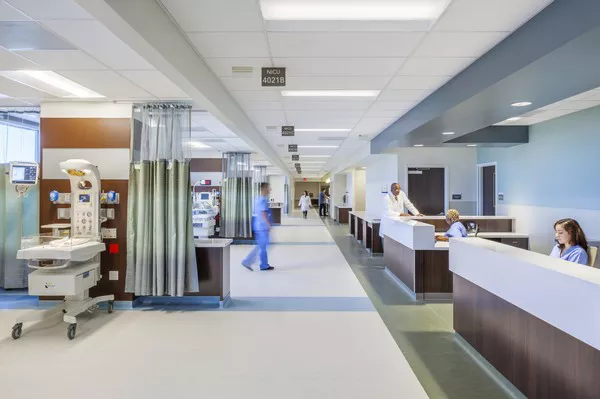The COVID-19 pandemic underscored the vulnerabilities of national health systems but also catalyzed momentum for change. In response, the World Bank is committed to supporting post-pandemic health-sector reforms and investments across East Asia and the Pacific (EAP) region. The Bank’s approach focuses on expanding coverage, enhancing primary healthcare quality, and fortifying core public health functions to build resilience against future health crises.
During the height of the pandemic, the World Bank swiftly provided technical assistance, knowledge sharing, and financing to assist EAP countries in navigating the health shock. From April 2020 to October 2022, the Bank committed US$1.9 billion across 18 COVID-19 health response projects in the region.
Now, as vaccination efforts progress and economies rebound, the Bank is extending financial support and technical expertise to assist countries like Indonesia, China, Papua New Guinea, and Samoa in strengthening their healthcare systems.
Key Initiatives:
Indonesia’s Health System Transformation: The Bank is backing Indonesia’s ambitious health system transformation plan with a US$4.3 billion investment aimed at improving healthcare access and quality across primary care, referral hospitals, and public health laboratories. Additionally, support is provided to address medical professional shortages through a Universal Health Coverage Development Policy Loan.
Cambodia’s Health Equity and Quality Improvement Project: This project focuses on ensuring equitable access to health services, especially for vulnerable populations, while enhancing the country’s pandemic response capabilities. A grant from the Pandemic Fund supplements efforts to bolster pandemic prevention, preparedness, and response.
Lao PDR’s Health and Nutrition Services Access Project (HANSA2): Continuing support from the Bank will help improve access, utilization, and quality of health and nutrition services, particularly in underserved areas. HANSA2 also emphasizes emergency response capabilities to address health crises effectively.
Pacific Island Health Systems Strengthening: The Bank is intensifying its assistance to Pacific Island nations to build resilient health systems capable of mitigating the impacts of climate change, natural disasters, and noncommunicable diseases. This includes investments in noncommunicable disease prevention in Samoa and strengthening sub-national health services in Papua New Guinea.
Regional Goals:
Preparing for Future Pandemics: The Bank collaborates with ASEAN countries to enhance vaccine security and coordination across the vaccine value-chain to better prepare for future health emergencies.
Improving Healthcare Efficiency: Efforts are underway to enhance the efficiency of healthcare delivery and expenditures without compromising essential services. This includes developing tools for reviewing health insurance claims and building capacity for data-driven decision-making.
Moving Forward:
The Bank’s approach aims to bolster healthcare coverage, enhance primary healthcare quality, and reinforce core public health functions in the EAP region. Collaboration with governments and development partners, including the Australian government, is vital to achieving scalable and impactful results aligned with the region’s health evolution roadmap.
As demands for healthcare services evolve, the Bank remains committed to supporting EAP countries in strengthening health systems, promoting universal health coverage, and advancing health resilience to safeguard lives and livelihoods in the face of future challenges.


